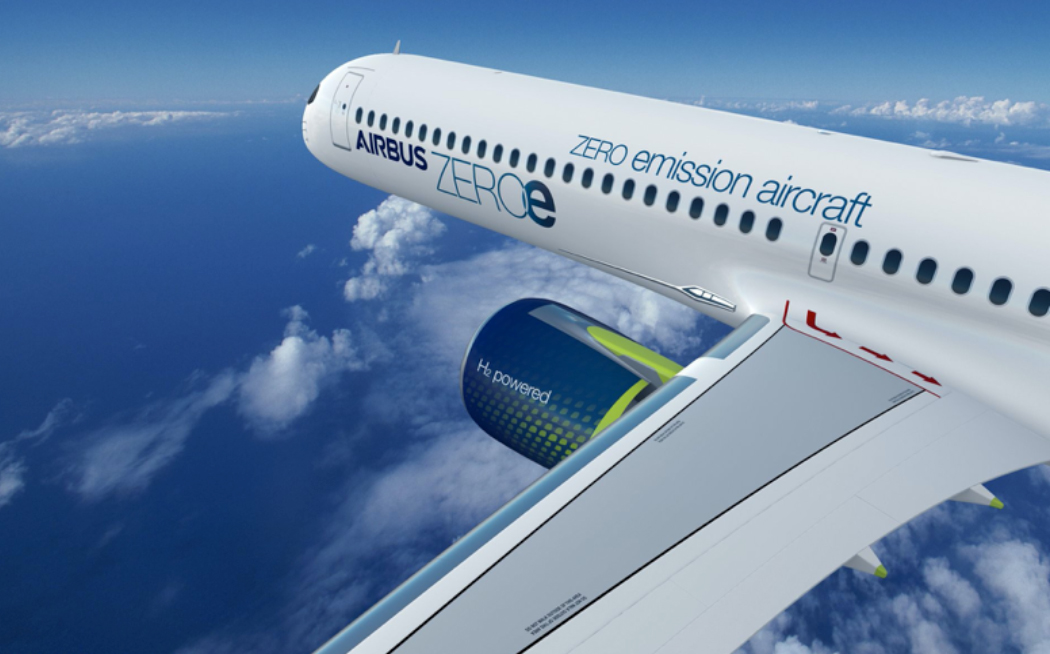Hydrogen Fuel Cell-powered aircraft could be a reality soon
Hydrogen fuel cells are emerging as a high-potential technology that offers significant energy efficiency and decarbonisation benefits to a range of industries—including automotive and heavy transport.
Over the last two decades, the automotive and space industries have been at the forefront of maturing hydrogen fuel cell technology. For example, fuel cell electric vehicles (FCEVs) have gone through several stages of development to prove their efficiency, safety and reliability, offering the exciting potential for longer range, larger carrying capacity, and faster refuelling times than traditional electric vehicles. And hydrogen fuel cells have been used by the space industry to power auxiliary electric systems on board spacecraft for years. This same technology is now inspiring aeronautical engineers to consider new ways to power electrical systems on board future aircraft. In fact, Airbus’ ZEROe concept aircraft is expected to use hydrogen fuel cells to create electrical power that complements the modified gas-turbine engines, resulting in a highly efficient hybrid- electric propulsion system. To further explore the possibilities of fuel cell propulsion systems for aviation, Airbus has entered into a strategic partnership* with ElringKlinger, a company with over 20 years of experience as both a fuel cell system and component supplier.
“This partnership will contribute to growing our in-house expertise in alternative-propulsion systems,” says Glenn Llewellyn, Airbus VP of Zero-Emission Aircraft. “Today, Airbus has significant know-how in electric propulsion and fuel cells thanks to work carried out at our E-Aircraft System House and currently taking place at the ZAL in Hamburg. This partnership will be a phenomenal acceleration in bringing hydrogen fuel cells to future aircraft.”
The agreement involves co-developing and co-validating aviation-compatible fuel cell stacks. In particular, testing the power density of fuel cell stacks for aircraft will be a key focus area.
“Battery-powered propulsion to fuel larger aircraft over longer distances is not possible with today’s technology,” explains Matthieu Thomas, ZEROe Aircraft Lead Architect. “Hydrogen fuel cells could be a great alternative because they can generate—with zero emissions—significantly more power and energy for a given weight. This makes fuel cells an extremely interesting technology to achieve our ambitions.”
While hydrogen fuel cell technology to power alternative-propulsion systems is still new to aviation, cross-industry collaboration, like the strategic partnership between Airbus and ElringKlinger, will be essential to maturing the technology’s potential in the years to come.
* Collaboration agreements entered into between companies are subject to necessary government approvals. Information provided in this article was supplied by Airbus Industrie at the time of publication and could be superseded by subsequent developments.
